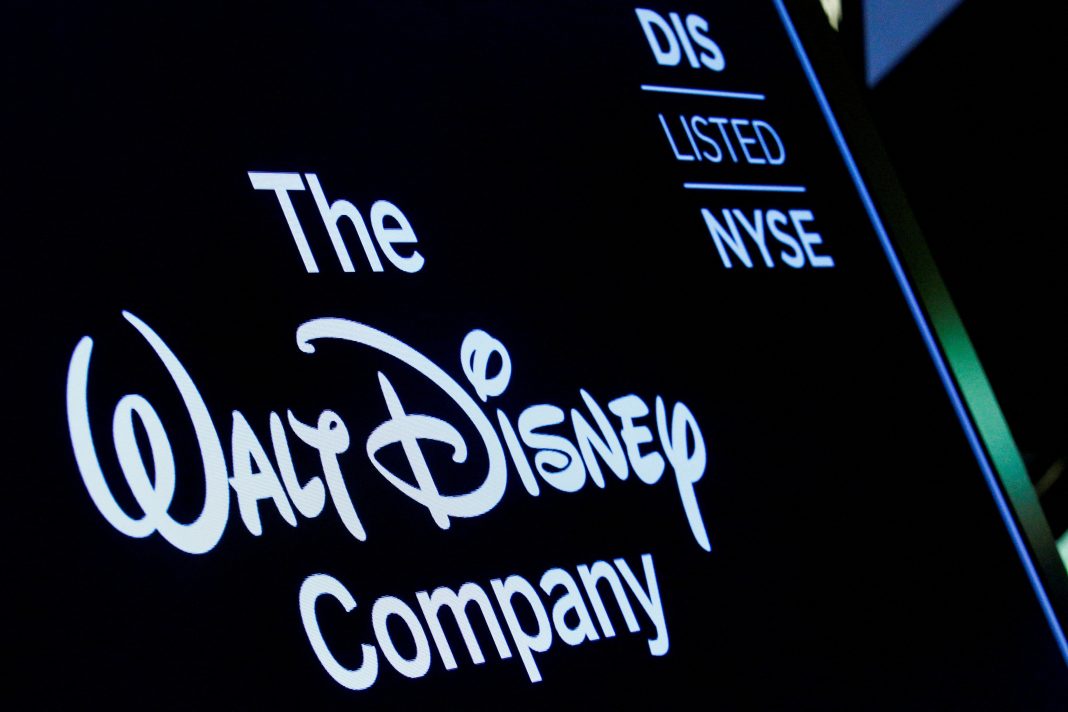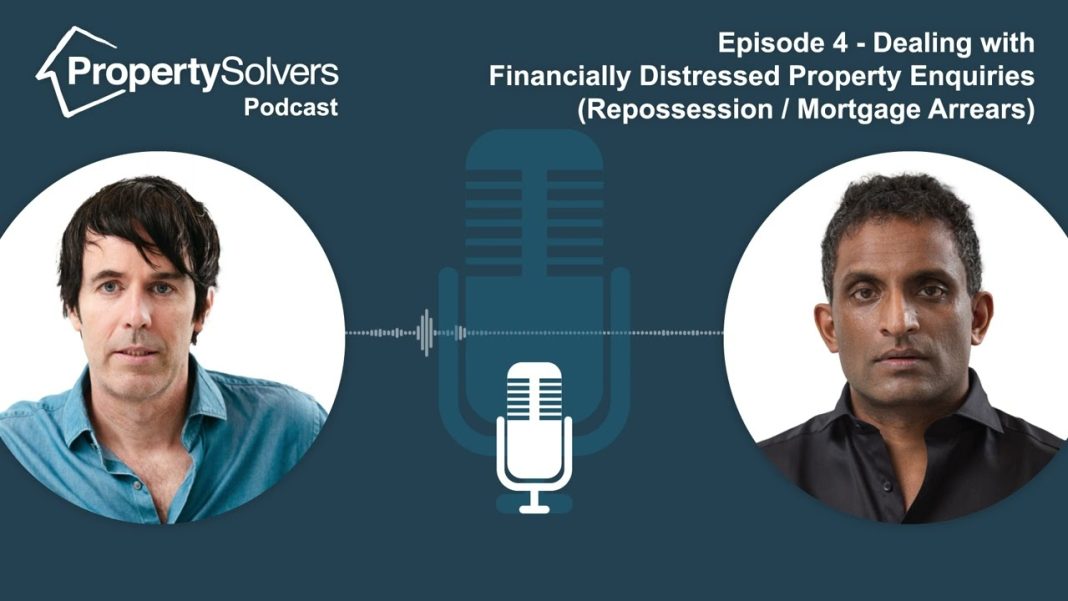 China’s economic and financial problems are rooted in a lack of trust, particularly among private businesses who have lost faith in the Chinese Communist Party (CCP). This crisis of trust is more significant than the property crisis that has dominated headlines. The long-term future of China’s economy depends on winning back the trust of private businesses, as it is crucial for the growth and prosperity desired by both the Chinese people and the CCP.
China’s economic and financial problems are rooted in a lack of trust, particularly among private businesses who have lost faith in the Chinese Communist Party (CCP). This crisis of trust is more significant than the property crisis that has dominated headlines. The long-term future of China’s economy depends on winning back the trust of private businesses, as it is crucial for the growth and prosperity desired by both the Chinese people and the CCP.
When China embarked on its remarkable period of development 50 years ago, Deng Xiaoping, the then CCP leader, described it as a phase towards a more perfect socialist future. This description implied that China would eventually become more socialist. While some view Deng’s characterization as cynical, others believe he genuinely meant what he said. Regardless, current leader Xi Jinping seems to have embraced Deng’s narrative, pushing China towards a more socialist phase. However, this shift has caused significant economic harm to the country.
Xi’s discomfort with private business became evident even before the COVID-19 pandemic. The regime accused the founder of Anbang Insurance Group, Wu Xiachui, of illegal activities and seized the company. Funding was also cut off to successful after-school tutorial companies like Juren Education and Wall Street English, leading to their bankruptcy. Jack Ma’s Alibaba faced fines for an alleged anti-trust violation. Through various speeches, Xi emphasized the need for private business owners and managers to be politically sensible, prioritize the Party’s interests, and weaponize their minds with socialist ideology.
These actions and statements have created an environment where private business owners and managers feel uncertain about their future and the security of their wealth. Economist Chen Kang suggests that these individuals are likely considering transferring assets overseas and emigrating instead of making further investments. While China makes it challenging to transfer assets overseas, the reluctance of private money to invest is evident. Private capital investment in real productive assets has significantly declined over the years, indicating that private businesses have received Xi’s message.
However, with China facing economic troubles such as the property crisis, growing trade hostility, and diversification of business sourcing away from China, Xi and his colleagues are reevaluating their stance towards private Chinese businesses. They recognize the need for a spur to growth and a more enthusiastic business community. Consequently, Xi has changed his tune and now refers to business owners as belonging to “our own family.” The recent 31-point program to boost economic growth includes measures specifically aimed at supporting the private economy.
Despite these efforts, there has been little positive response from private businesses. Private investment in fixed productive assets has barely increased compared to the previous year. Winning back the trust of private Chinese businesses will not solve all of China’s economic problems, but it is a necessary step. However, it remains uncertain if this process has even begun. As the saying goes, “Trust, once lost, is hard to recover.” Xi’s previous posture has caused significant damage that will take a long time, if ever, to repair. Time is a luxury that Xi, his economy, and his regime cannot afford.
In conclusion, the lack of trust among private businesses is a critical issue plaguing China’s economy. Winning back this trust is crucial for the country’s long-term growth and prosperity. While Xi Jinping’s shift towards a more socialist phase has caused economic harm, recent developments indicate a reevaluation of his stance towards private businesses. However, it remains to be seen if these efforts will be successful in rebuilding trust. Restoring trust will be a challenging and time-consuming process, but one that is necessary for China’s economic success.


